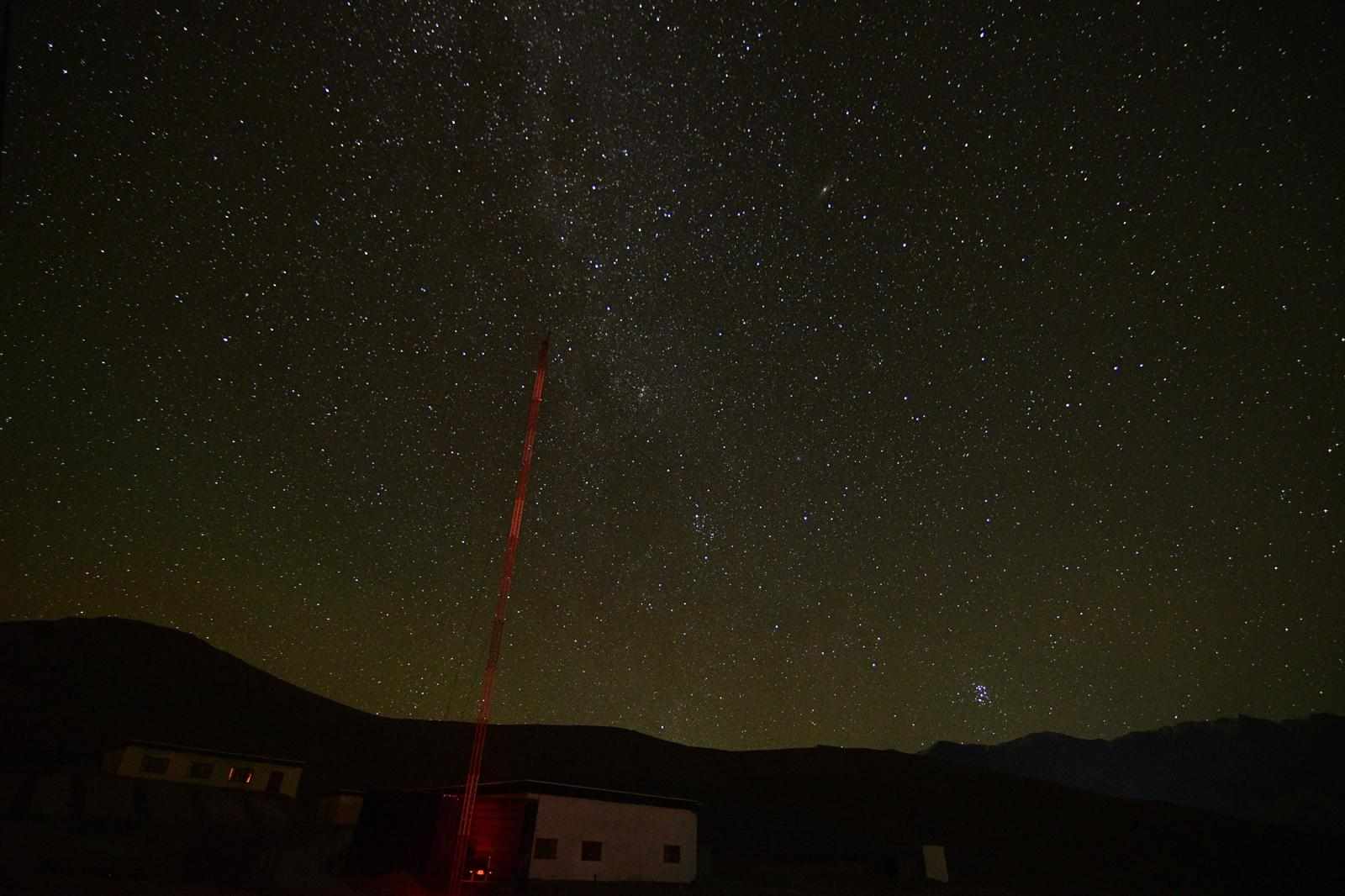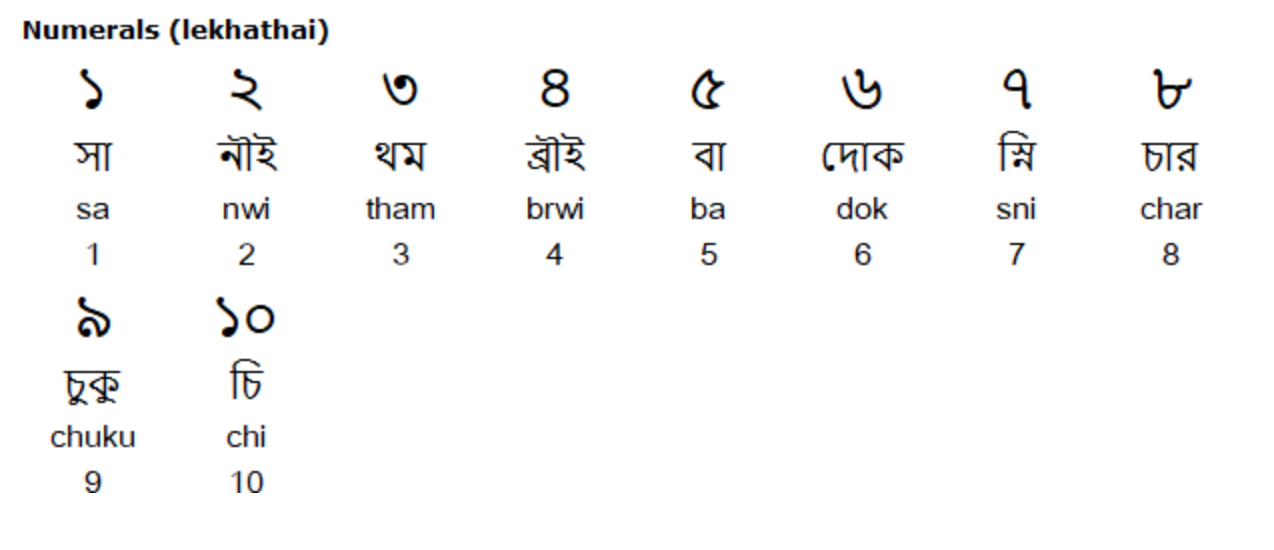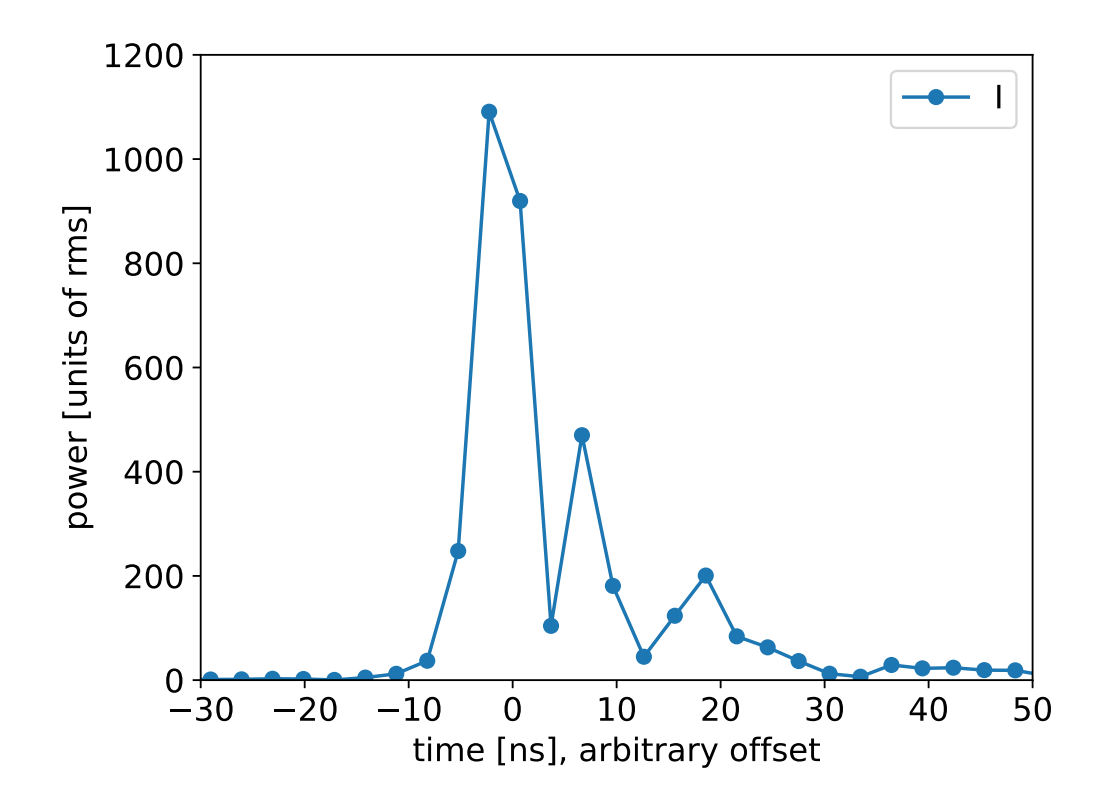On the train, they chanted. If you have travelled on Mumbai's suburban trains, you know exactly what I'm talking about. This was one of the numerous "bhajan mandals": a group of men who board the train and start chanting devotional songs, or bhajans. Some thump on drums. Some use small finger cymbals. All chant.
The effect is, in a word, loud. That almost seems deliberate, because there's no nuance at all. Not in the singing, not in the thumping, not with the cymbals. If you're anywhere near them, they will drown out any conversation, pretty much any other sound.
For obvious reasons, these groups like to be together. Some will sit, others stand in between or nearby. How do they manage this, especially during rush hour in trains that fill to overflowing? Well, I once found myself sitting on one of the benches one of these groups wanted for themselves. Let's just say, they made it obvious that I should move.
I actually love religious chants. I've sat to listen to them in churches, gurudwaras, mosques and at a beautiful temple on my college campus. Yet I know I'm not the only one who finds the bhajan mandals in our city's trains not just utterly non-musical, but deafening and inconsiderate.
If I hear one in a train I want to catch, I usually find another compartment or wait for the next train. But on this day, I was in a hurry and leaped for the nearest door just as the train started to move. To my dismay, the coach had a bhajan mandal in particularly loud voice. They chanted all the way to my stop. I disembarked feeling numbed.
Then: In the little temple I made my way to, they chanted. Not another bhajan mandal, though. This time, it was a group of Tibetan women.
This is true. December 10 is World Human Rights Day. This year, it was also the 35th anniversary of the Dalai Lama's Nobel Peace Prize award. At this small temple in Parel, some people had gathered to observe and celebrate the day. One of those, the brave Tibetan poet Tenzin Tsundue, spoke to the gathering, telling us why we had gathered and the significance of this day. At one point, he pointed to us all and said "Yes, this isn't a large crowd, but at least all of you have come here."
And it came to me then. This is a Nobel Laureate we are celebrating. One of only a few dozen humans to have won that Nobel Peace Prize. A man who has called India home for over six decades. In fact, a man who embodies something India did right, those decades ago. We welcomed him and many of his countrymen as they fled a powerful oppressor - China - and gave them shelter here. Even simply thinking about that great escape gives me goosebumps, fills me with pride. Yes, India did right by the Dalai Lama and Tibet.
But it seems like that was then. In the now, we behave as if we hope the Dalai Lama will stay silent, invisible. That neither he nor his supporters will do anything to attract China's attention. For this, we seem to think, will embarrass us and fuel that country's anger. That general attitude towards China was once summed up by our External Affairs Minister, S Jaishankar: "Look, they [China] are a bigger economy. What am I going to do? As a smaller economy, I'm going to go pick a fight with a bigger economy? ... It is a question of common sense."
Ours is an India that once stood up for the Dalai Lama; an India that stood up to and was willing to take the risk of annoying China, and did so by welcoming the Dalai Lama. For that India, well, what a fall is this, my countrymen.
Thoughts like these wandered through my head, as Tsundue made his point about a crowd that wasn't very large. And I thought, I imagine other countries would have planned something for an occasion like this. Not necessarily a grand, ostentatious event. Not necessarily a huge crowd. But something.
Instead, I sit in a small Buddhist temple on a nondescript Bombay lane. There's a statue of the Buddha against the front wall. There's a garlanded portrait of BR Ambedkar on the wall. And there's a framed photograph of the Dalai Lama on a table. There are perhaps 50 people in the temple, mostly women, seated quietly on rugs.
The women, dressed in traditional Tibetan clothes, belong to the Mumbai Tibetan Sweater Sellers Association. The MTSSA and a group called Friends of Tibet have organized this celebration. The women serve us all a simple rice pudding and Tibetan tea. And they chant. Quietly, steadily, these vendors of sweaters chant.
And I'm left with two thoughts.
One, it isn't some official, officious government body behind this evening; it is instead the Mumbai Tibetan Sweater Sellers Association. This is simultaneously dismaying and inspiring. There really should have been a large crowd here, to pay our respects to a remarkable man. But how inspiring it is to sense how ordinary people feel a bond with this remarkable man. Can there be a greater tribute to his appeal?

Two, this second spell of chanting this morning is altogether quieter and somehow gentler than the first. The Sweater Sellers don't seem intent on deliberately annoying people and no, I cannot understand their words. But their chanting, it draws us all in.
To that feeling, I raise my cup of Tibetan tea.
If you like what you read here, and you'd like to help me put out more, please push that "Support" button below! And thank you!
















Write a comment ...